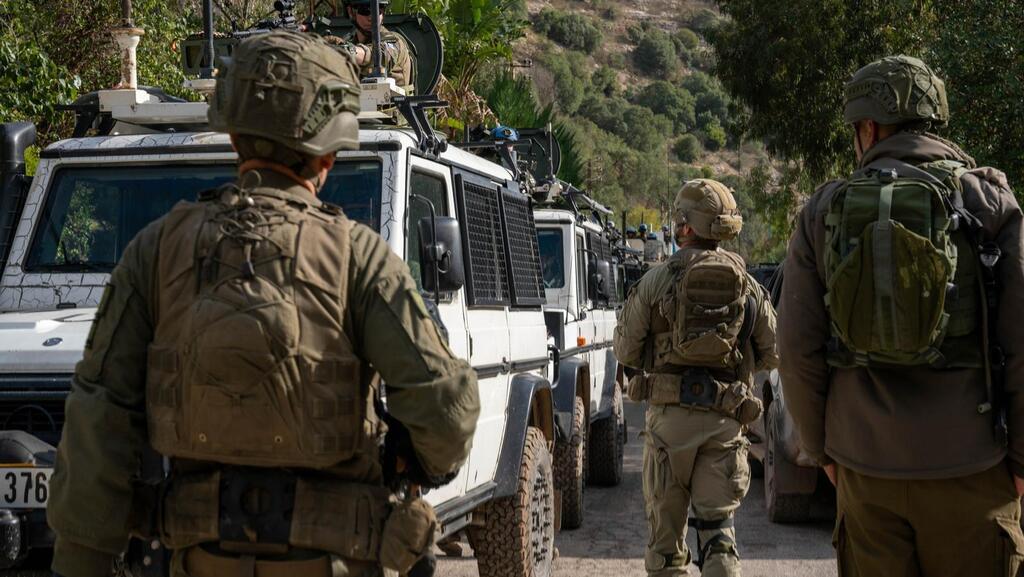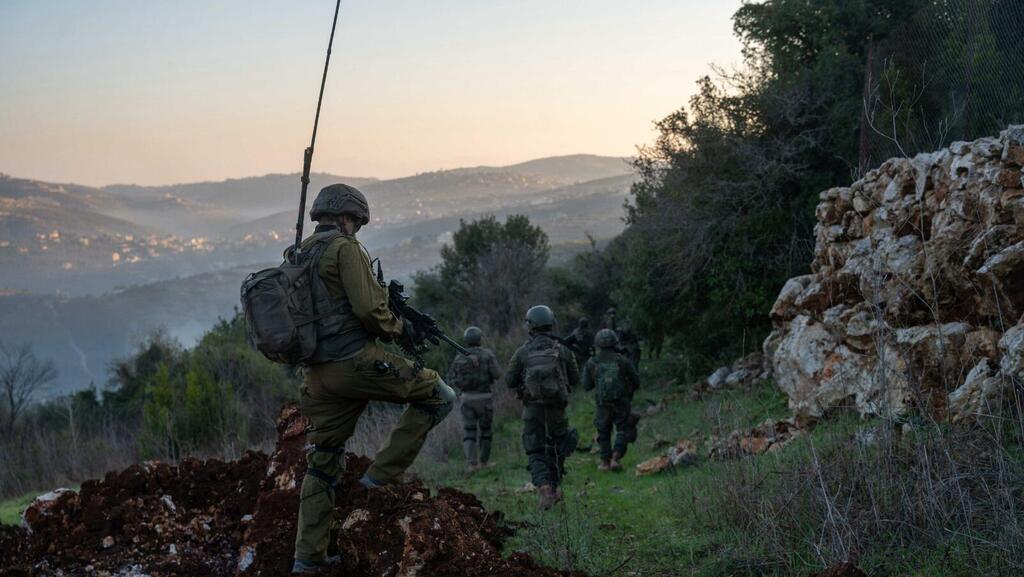Getting your Trinity Audio player ready...
Israeli officials affirmed Wednesday that the military would not withdraw from its positions in southern Lebanon unless the Lebanese Army fulfills its obligations under a cease-fire agreement.
A key provision of the accord requires Hezbollah’s removal from south of the Litani River, a condition that remains unmet.
Hezbollah weapons located in Lebanon
(Video: IDF)
Hezbollah has reportedly expressed willingness to return to southern Lebanon unarmed, but Israel has rejected this, insisting on full compliance with the agreement. The deal also prohibits the rebuilding of buildings previously used for terrorist activities. Israeli officials have clarified that such sites, deemed “terrorist infrastructure,” will not be restored.
Concerns over the Lebanese Army’s effectiveness were raised during a Security Cabinet meeting. “They are weak,” an Israeli official said, adding that Christian-led units take action, whereas those led by Shia commanders often cooperate with Hezbollah. While the U.S.-led enforcement mechanism is seen as sound, its reliance on the Lebanese Army has proven less effective than anticipated.
Get the Ynetnews app on your smartphone: Google Play: https://bit.ly/4eJ37pE | Apple App Store: https://bit.ly/3ZL7iNv
Despite these challenges, senior officials stressed that breaking the cease-fire agreement is not Israel’s objective. "We don’t want this scenario but must be ready," said an Israeli official, noting the IDF’s operational plans to expand maneuvers if the agreement collapses. Ensuring the safety of returning residents, they said, remains a top priority.
Border disputes and strategic positions
Negotiations over contested border points continue to create tension. Lebanon has raised claims to 13 specific locations, while Israel has sought adjustments of its own. According to Lebanon’s pro-Hezbollah Al-Akhbar newspaper, the cease-fire oversight committee approved the IDF’s continued presence at three strategic positions in southern Lebanon beyond the agreement’s 60-day framework.
The report identified the sites as Labbouneh Forest near Israel’s western Galilee, Jabal Balat opposite the Israeli border towns of Shtula and Zar'it, and Tallat al-Hamams overlooking Metula.
Meanwhile, the IDF remains active in southern Lebanon. Over the past 24 hours, Israeli forces destroyed five weapons storage facilities, according to a military spokesperson. Troops from the 300th Brigade's Combat Team under the 146th Division continue operations aimed at dismantling terror infrastructure while adhering to the cease-fire terms.
Israel’s approach reflects a balance between upholding the agreement and safeguarding its security. Officials emphasized that any withdrawal is contingent on strict adherence to the cease-fire provisions by all parties involved.







